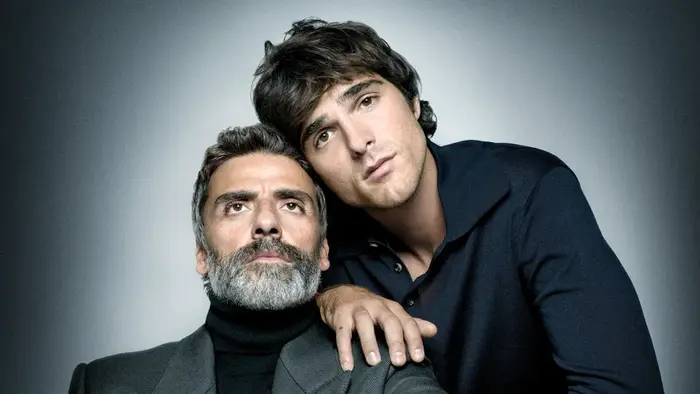T4K3.news
London Film Festival opens with Day-Lewis return
The 69th London Film Festival kicks off with Daniel Day-Lewis returning to cinema in a film directed by his son, alongside a lineup of bold political cinema and high profile premieres.
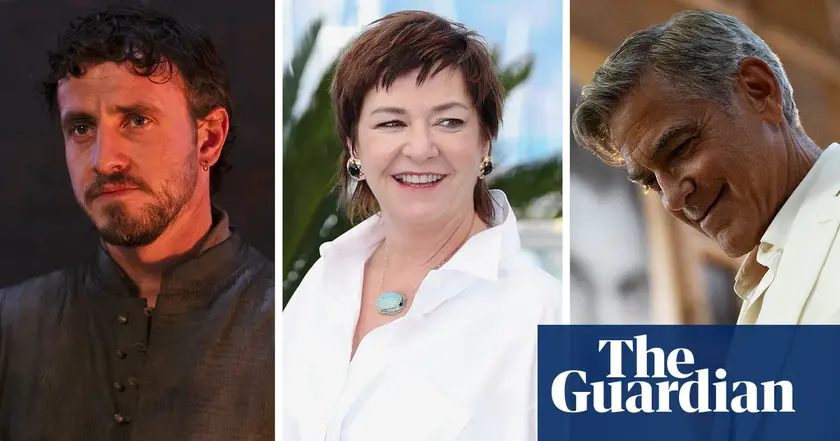
The festival opens with Daniel Day-Lewis returning to the screen in a film directed by his son, while a slate of urgent political titles shapes the program.
London Film Festival highlights Day-Lewis comeback and bold political cinema
London's 69th film festival unveils a varied lineup that blends star power with ambitious cinema. Daniel Day-Lewis returns to the screen in a project directed by his son, while the program opens with the third Knives Out film and includes the European premiere of Zhao’s Hamnet and UK debuts such as Hikari’s Rental Family and Noah Baumbach’s meta comedy Jay Kelly, which stars George Clooney. Other marquee titles include Bradley Cooper’s Is This Thing On? and Yorgos Lanthimos’s Bugonia. In total, 247 films from 79 countries are listed, with 103 directed by women or non-binary filmmakers, about 42 percent of the lineup.
Festival director Kristy Matheson frames the slate as a probe of how cinema can stretch the boundaries of time and space while tackling power and memory. The program features political titles such as Panahi’s It Was Just an Accident about corruption in Iran and Mendonça Filho’s The Secret Agent set during Brazil’s dictatorship, along with Hind Rajab and Sirāt. Matheson also notes the festival is a platform for new voices, including Kristen Stewart in The Chronology of Water and Ronan Day-Lewis with Anemone, co-written by his father Daniel Day-Lewis. The presence of figures like Ramsay and Linklater in screen talks adds weight, even as some observers question whether topical films reflect an urgent moment or have been in development for years.
Key Takeaways
""We really never thought that would happen""
Kristy Matheson on Day-Lewis's return
""It’s a really exciting debut because you’ve got these great actors a really exceptional cast but it doesn’t get them to do all the heavy lifting It’s bold and it takes some really big swings stylistically""
Matheson on Kristen Stewart's directorial effort The Chronology of Water
""There are so many films that seem to really be kind of stretching the language of cinema""
Matheson on the broader shift in cinema
""A 42% proportion [of non-male directors on the programme] is certainly not a number about which we would say oh isn’t this great""
Matheson on diversity in the lineup
The festival appears to be a barometer for cinema that wants to push form at the same time it exposes global concerns. Directors are bending time and space, and the inclusion of Landmarks by Lucrecia Martel and other politically charged works signals a growing appetite for art that reckons with history and power. The presence of It Was Just an Accident and The Secret Agent shows how global events travel to the screen via distinctive voices from Iran and Brazil, while talks with Lynne Ramsay and Richard Linklater underscore a level of prestige that can elevate these conversations beyond academia.
Yet there is a note of cautious optimism. Kristy Matheson observes that topical projects are often long in the making, which means the lineup reflects longer arcs in cinema rather than an immediate response to current events. The festival’s 42 percent share of non-male directors remains commendable but not a final milestone, and the emphasis on bold storytelling is meant to spark discussion as much as entertainment. In short, the London festival aims to be both a celebration and a spark for ongoing debate about what cinema can and should do in unsettled times.
Highlights
- Cinema bends time and space to tell urgent truths
- This festival is a crossroads where legends meet new voices
- Day-Lewis returns with a bold statement not a whisper
- Bold storytelling is the festival strongest signal yet
Political and sensitive topics risk exposure
The festival features political films from Iran, Brazil, and the Gaza context, which could trigger backlash or sensitive reactions from audiences and officials. The discussion around gender representation also invites scrutiny of the industry’s progress.
The festival offers a lens on our times through bold storytelling and global voices.
Enjoyed this? Let your friends know!
Related News

Summer arts events scheduled across the UK
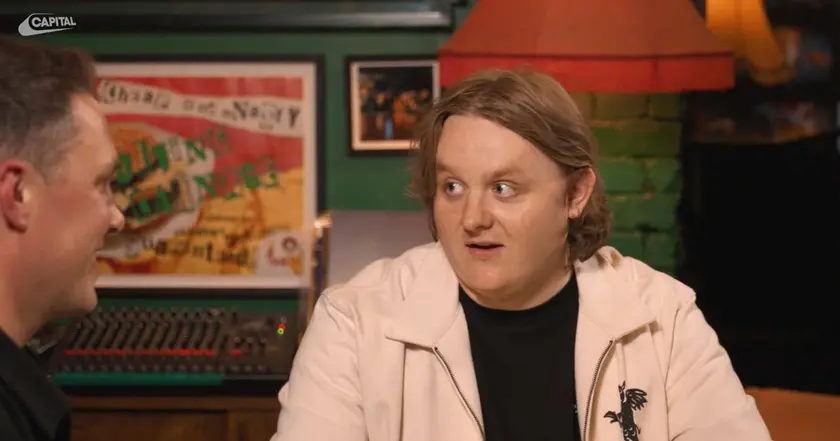
Capaldi health break details

Daniel Day-Lewis returns in Anemone trailer

Daniel Day-Lewis Returns to Acting
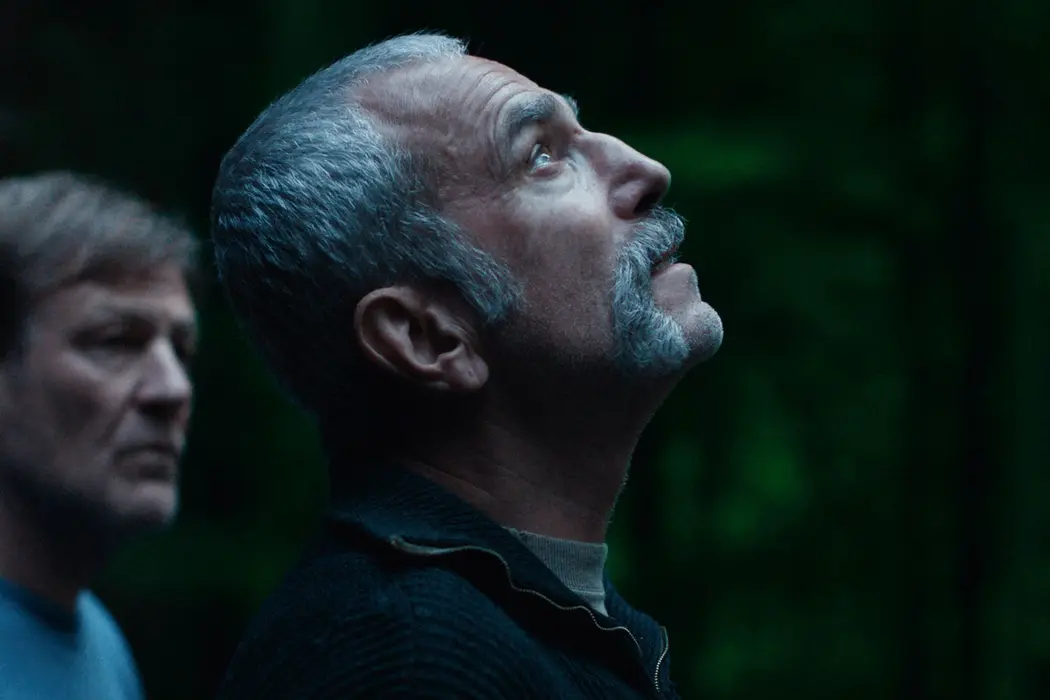
Daniel Day-Lewis Returns in New Film
Documentary Investigates Iconic Vietnam Photo Controversy
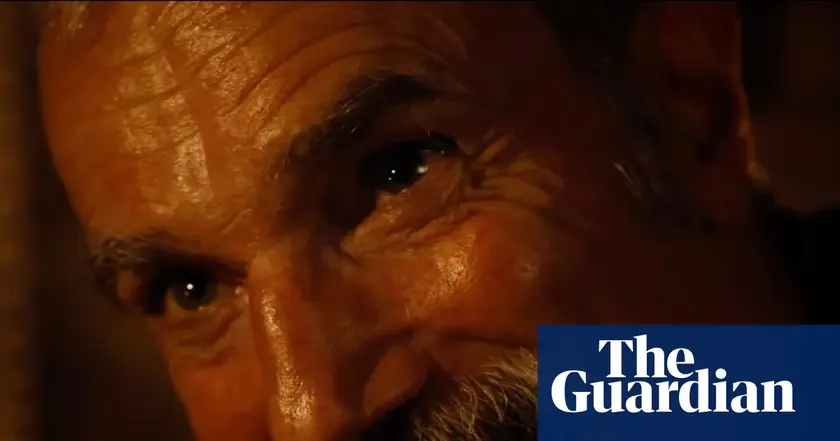
Daniel Day-Lewis Returns in Anemone

Yungblud honors Ozzy Osbourne and reveals raw documentary Are You Ready Boy
